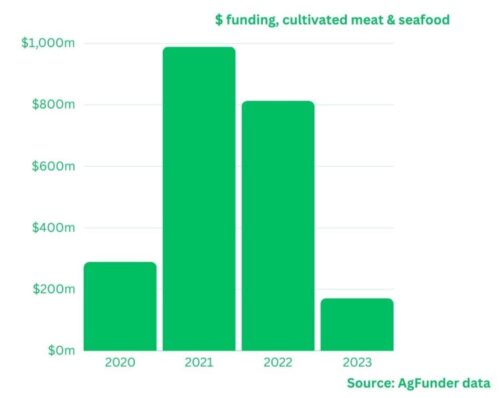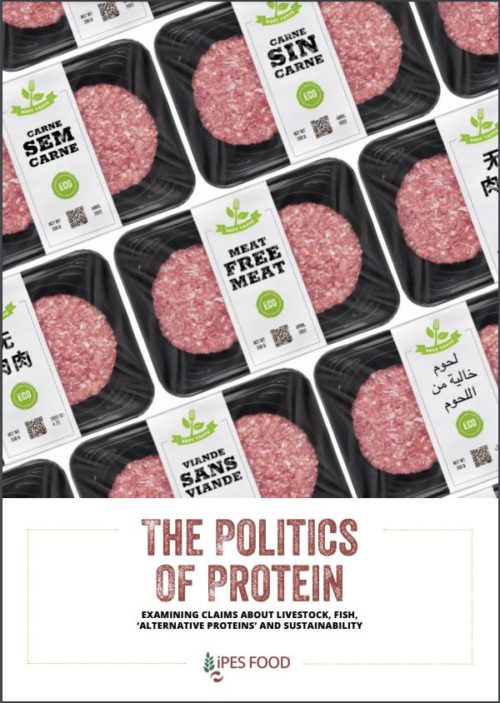The brave new world of cell-cultured—not just meat
Cell-culture isn’t just for beef anymore. I’ve been collecting items…
FOIE GRAS: ProVeg hails application for EU approval of cultivated foie gras: French company seeks approval for product made from cultivated duck cells.
EEL: Cultivated eel that ‘melts in your mouth’? How Forsea mimics ‘tender, succulent’ texture of fish and seafood: Eel meat is unlike any other: it is fatty, tender, and ‘almost melts in your mouth’, explains Roee Nir, co-founder and CEO of Forsea Foods. The start-up is working to mimic these attributes with stem cells in a lab…. Read more
COFFEE: A cup of lab-grown Joe: researchers release proof of concept for cell-cultured coffee: Dr. Heiko Rischer and his team at VTT Technical Research of Finland published its cell-cultured coffee recipe, highlighting the opportunity to strengthen and reinforce the global coffee supply chain…. Read more
BREAST MILK: Cell-based breast milk in development to replace ‘suboptimal’ bovine infant formula: Can the complexities of breast milk be replicated by cows? France-based Nūmi doesn’t think so. The start-up is turning to cell culture to develop the ‘closest thing possible’ to breast milk…. Read more
PET FOOD: Cultivated meat pet food gains UK approval in world first:Meatly has announced that it has received regulatory clearance to sell cultivated meat for pet food in the UK…. Read more
PROTEIN: Beyond Meat launches ‘first of its kind’ protein to appeal to health-conscious consumers: The company’s latest product is not intended to replicate beef, pork or chicken. It comes amid a sharp downturn in plant-based meat consumption.
MEAT AND SEAFOOD: Cultivated meat and seafood watch: What’s the latest in cultivated? Cultivated meat, despite only being on the market in one country (Singapore), is on the rise…. Read more
AND THE POLITICS, OF COURSE: Nebraska governor says no to lab-grown meat: If Gov. Jim Pillen has his way, Nebraska legislators will pass a law banning the sale of “lab-grown meat” — the industry prefers the term cultivated meat — during its next session. Florida and Alabama enacted state bans on the alternative meat this year, and Iowa has barred school districts and publicly funded colleges from buying the meat.




